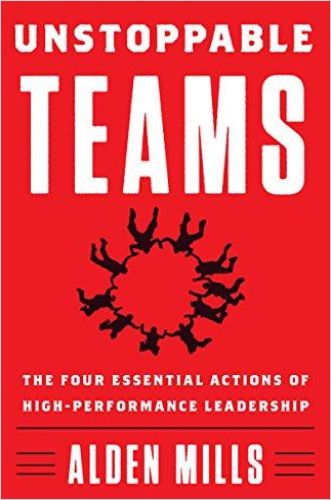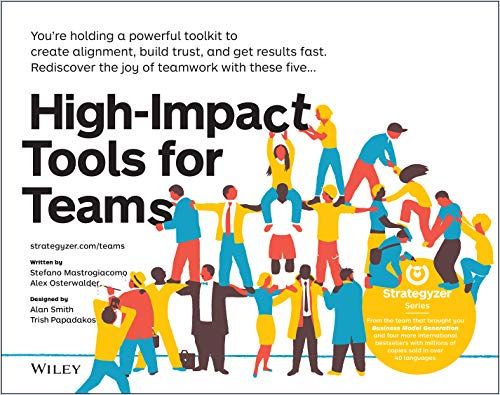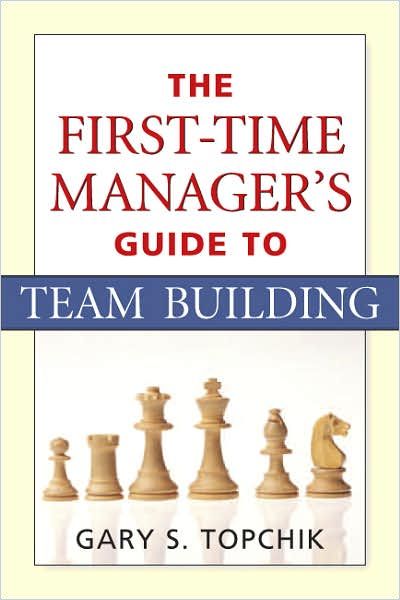Mastering Synergy Towards a Purpose
Good teams start with effective leaders, managers who earn the trust of their employees so that they work well even when the boss isn’t around. As author and Navy SEAL Alden Mills writes in his book Unstoppable Teams, when the US military’s Special Operations Command needs a job done, especially if they’re facing significant unknowns, they don’t send in a lone wolf like in the Rambo movies, they send in a highly trained team like the Navy SEALs. Teams may have diverse members, but they share the same mission. Fundamental to a high-functioning team is an understanding of how they fit in with the overall organization.
You can assemble as many individual superstars as you’d like, but they won’t become unstoppable unless they believe in each other and in their collective mission.
Alden Mills
The Basics
The most agile teams are between five and 10 individuals with complementary skills and areas of expertise working in clearly defined roles. To maintain team coherence and effectiveness, leaders must stay focused on their goals and demonstrate credibility and consistency. Foster open, direct communication. Recognize your team members for their accomplishments and reward them when they meet their goals. To encourage them to keep performing at peak levels, provide continuous learning opportunities.


Remote and Hybrid Teams
Open, fluid conversation is the lifeblood of team coordination and cooperation. About 55% of communication cues are lost when you’re not speaking to someone face to face, which makes coordinating a remote or hybrid team more challenging. Team processes that are clear, allow for continuous improvement through feedback and move the team forward toward completing goals are crucial. When communication is honest and respectful, based on trust, team members are on the same page when it comes to the game plan, and there are processes and space for differing viewpoints, the team will function creatively to meet challenges.
Killer Meetings
Meetings can be energizing or draining, whether in-person or remote. Keep them focused with these tips:
- Make sure you have a clear agenda set for meetings.
- Relate the assignments you hand out to larger team targets as well.
- If you’re just getting updates, keep meetings brief. Planning or problem-solving meetings will be longer.
- Do what you can to elicit feedback from all team members.
- Trust, camaraderie and confidence will build your team members up.
Encourage team members to be unafraid to throw out even half-baked solutions and refrain from judgment while your team is brainstorming. Meetings are a fact of business life but don’t forget the power of meeting-free time to boost team productivity.

Avoid Micromanagement
Micromanagers are overly critical and expect constant updates about assignments. Often they are frustrated by the way an employee is doing a task and decide to just do it themselves. This is a destructive habit that erodes the confidence and trust of your team; avoid it.
- If you’re a manager, your job is to oversee employees and workflow, not do the work yourself.
- If you’re not happy with someone’s work, mentor them.
- If you must be critical, be diplomatic and constructive.
- Failures happen.
When they do, help your employees get up and try again. Here is how:
For more insight into shaping high-performance teams, look into these titles:


















